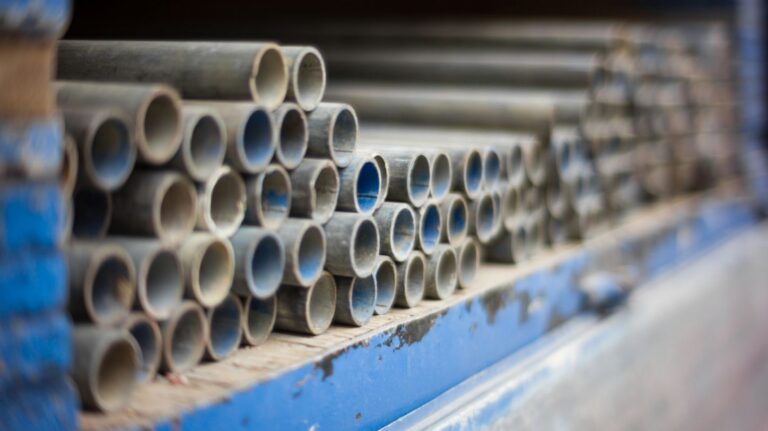On 11 February 2025, UK minister of state at the Department for Business and Trade Douglas Alexander MP told the House of Commons that the government will not issue an immediate retaliation to US president Donald Trump’s announcement of tariffs on the import of steel and aluminium to the US.
Earlier that day, a White House fact sheet confirmed that Trump had signed proclamations to close existing loopholes and exemptions to restore a true 25% tariff on steel and elevate the tariff to 25% on aluminium.
The UK – along with Argentina, Australia, Brazil, Canada, Japan, Mexico, South Korea, Ukraine and the European Union – had previously received exemptions which prevented the tariffs from being effective.
According to the fact sheet, Trump’s decision to take this action was motivated by a desire to ‘strengthen the US’ steel and aluminium industries’ and ‘end unfair trade practices’.
Back in the UK, Alexander told parliament: “What British industry needs and deserves is not a knee-jerk reaction, but a cool- and clear-headed sense of the UK’s national interest based on a full assessment of all the implications of the US’ actions.”
He went on to say: “In trade policy, we stand ready to work with president Trump to find solutions that work for both the United Kingdom and the United States.”
Data from the International Steel Statistics Bureau shows that the UK exported £388 million worth of steel to the US in 2023, or as Alexander claimed “around 10% of UK production”, making it the third-largest importer of UK steel.
These tariffs are set to be enforced from 12 March 2025, and are the latest in a series to be announced by Trump since his inauguration, including a tariff on China which prompted retaliatory tariffs on the import of certain US commodities.







